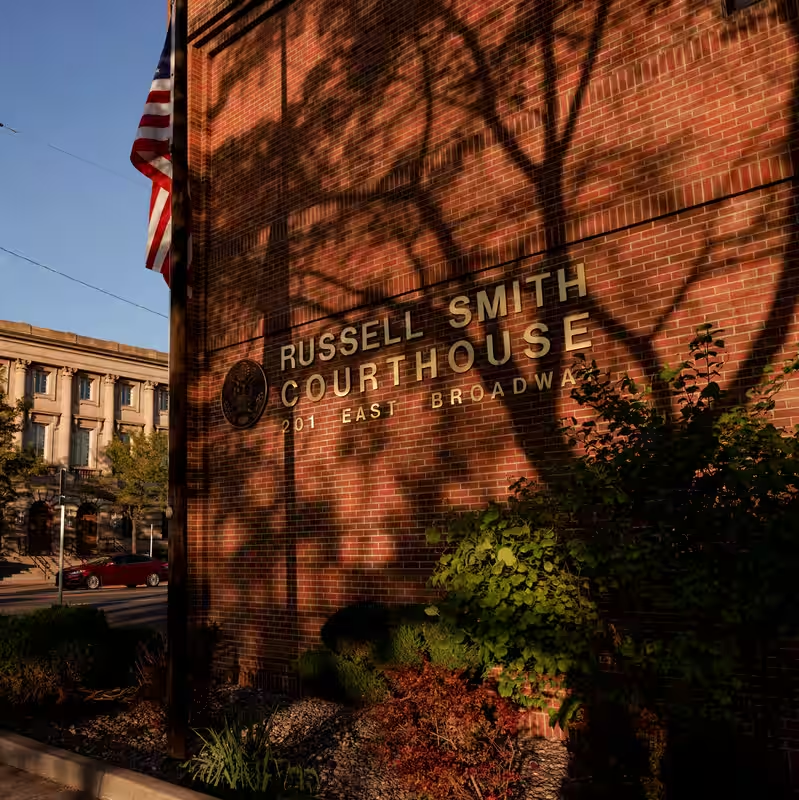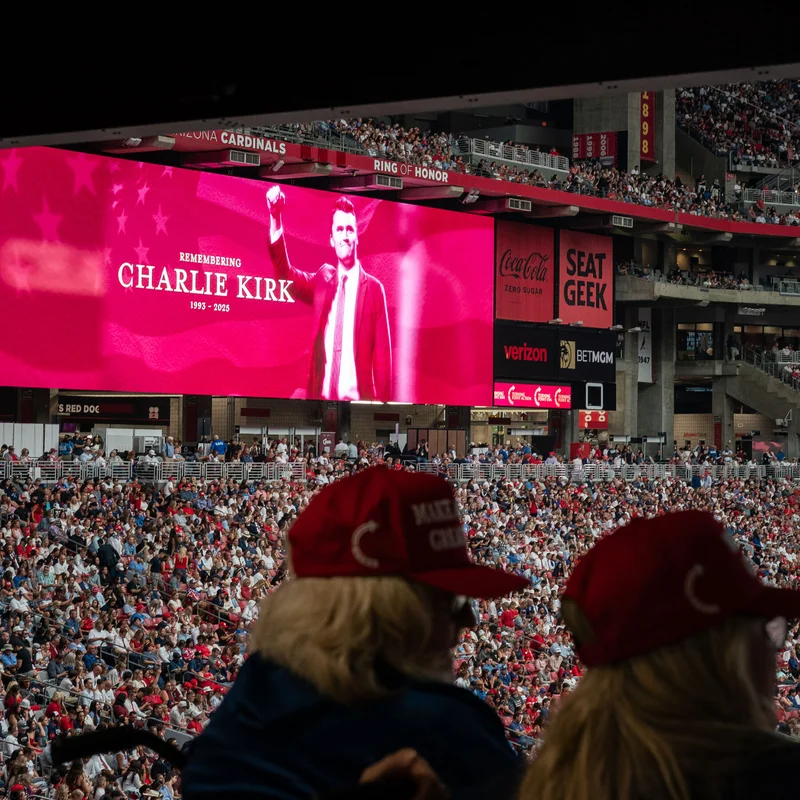Washington, D.C., October 16, 2025 — In a setback for young climate activists, a federal judge has dismissed a high-profile lawsuit filed by a group of children and teenagers who accused former President Donald Trump of violating their constitutional rights through pro-fossil fuel executive orders.
U.S. District Judge Ana Reyes described her decision as “reluctant,” acknowledging the plaintiffs’ “sincere and urgent concerns” about climate change. However, she ruled that the lawsuit was too broad in scope to proceed under current legal standards.
Youth Climate Lawsuit Targets Trump’s Energy Policies
The case, brought by 14 young plaintiffs from across the country—including several from Montana—challenged a series of Trump-era executive orders that rolled back environmental regulations, fast-tracked fossil fuel projects, and withdrew the U.S. from international climate agreements.
The plaintiffs argued these actions infringed on their constitutional rights to life, liberty, and property by accelerating climate change and exposing them to worsening wildfires, floods, and extreme heat.
Why the Judge Threw Out the Case
In her 42-page ruling issued Tuesday, Judge Reyes emphasized that while the harms described by the youth were “real and scientifically supported,” the court could not intervene without a more narrowly defined legal claim.
“This court shares the plaintiffs’ deep concern about the trajectory of climate change. But judicial power is limited by Article III of the Constitution, which requires concrete, particularized injuries tied directly to specific government actions,” Reyes wrote.
She noted that the lawsuit targeted dozens of executive actions spanning multiple agencies and years, making it “impossible to trace a direct causal link” between any single policy and the plaintiffs’ alleged injuries.
Legal Strategy Under Scrutiny
This isn’t the first time youth-led climate litigation has faced judicial skepticism. Similar cases—most notably Juliana v. United States—have been dismissed on procedural grounds, even as courts acknowledged the gravity of the climate crisis.
Legal experts say the challenge lies in framing climate harm within traditional legal doctrines. “Courts want specificity,” said Professor Elena Martinez, an environmental law scholar at Georgetown. “You can’t sue a president for ‘causing climate change.’ You have to pinpoint a rule, a permit, or a decision that directly affects you.”
What’s Next for the Plaintiffs?
Attorneys for the youth plaintiffs say they plan to appeal—and possibly refile a more targeted suit. “This isn’t the end,” said lead counsel Maya Lin. “It’s a detour.”
The ruling does leave room for future action. Judge Reyes explicitly encouraged the plaintiffs to “refine their claims” around specific policies, such as the approval of a particular oil pipeline or the repeal of methane emission standards.
| Key Elements of the Ruling | Implications |
|---|---|
| Lawsuit dismissed “without prejudice” | Plaintiffs can refile with narrower claims |
| Court affirms climate harms are real | Builds legal record for future cases |
| No standing on broad executive orders | Future suits must target specific agency actions |
| Judge calls climate crisis “urgent” | Moral weight may influence public opinion |
[INTERNAL_LINK:Youth-Climate-Litigation] continues to evolve as a global movement, with over 20 similar cases active worldwide—from Colombia to Pakistan.




